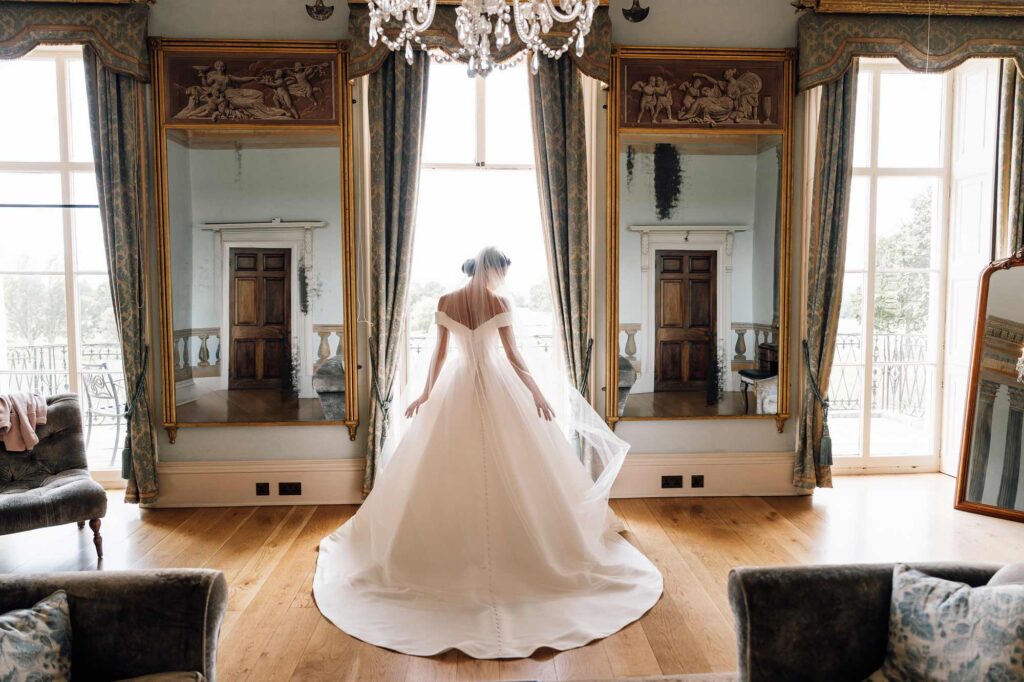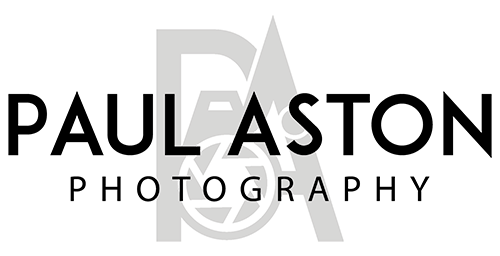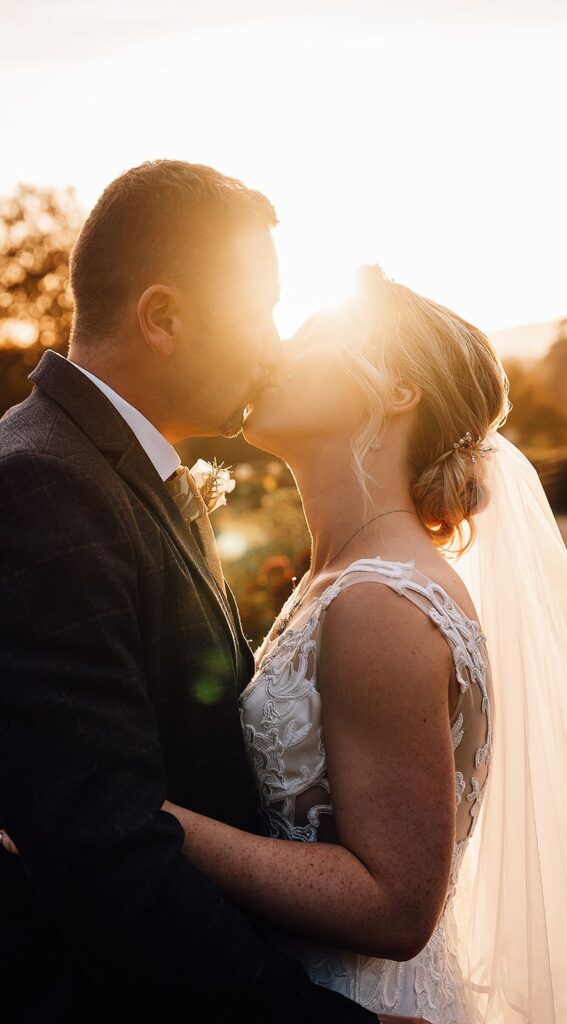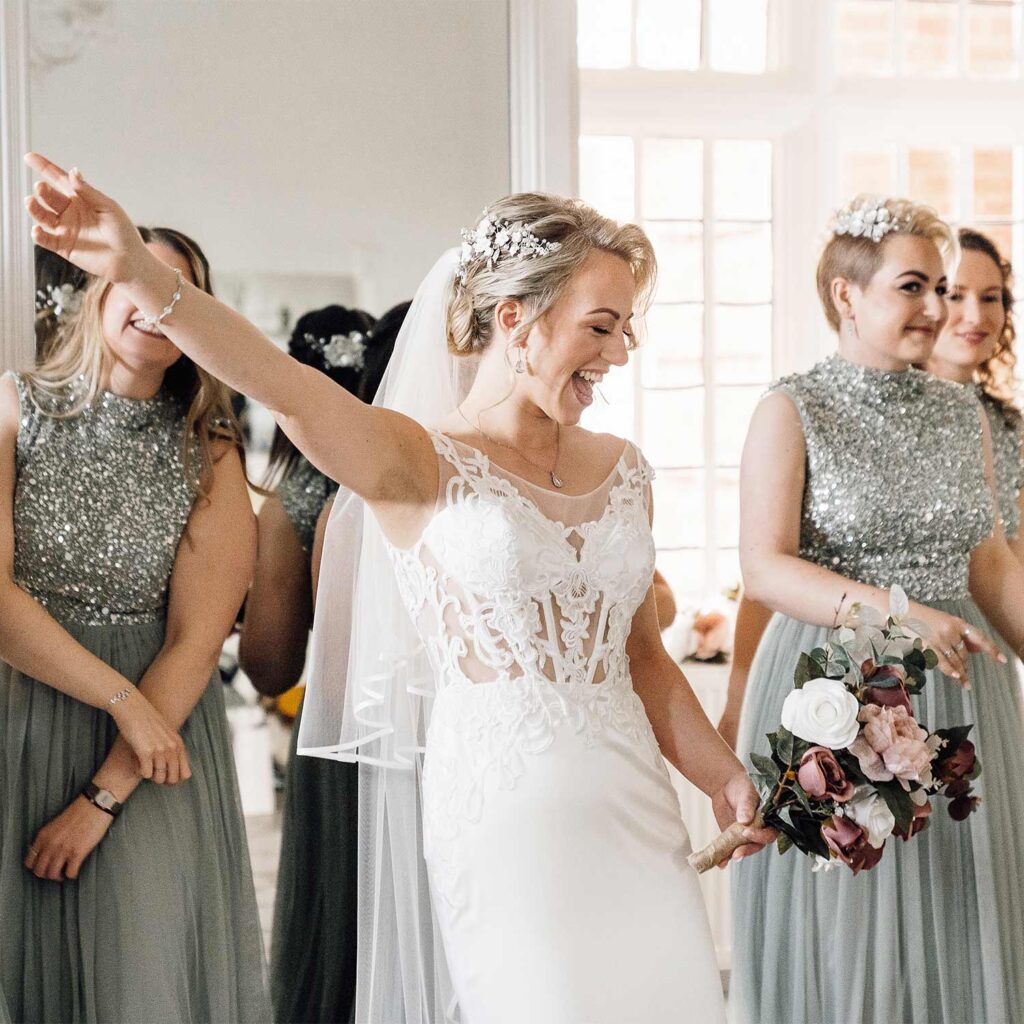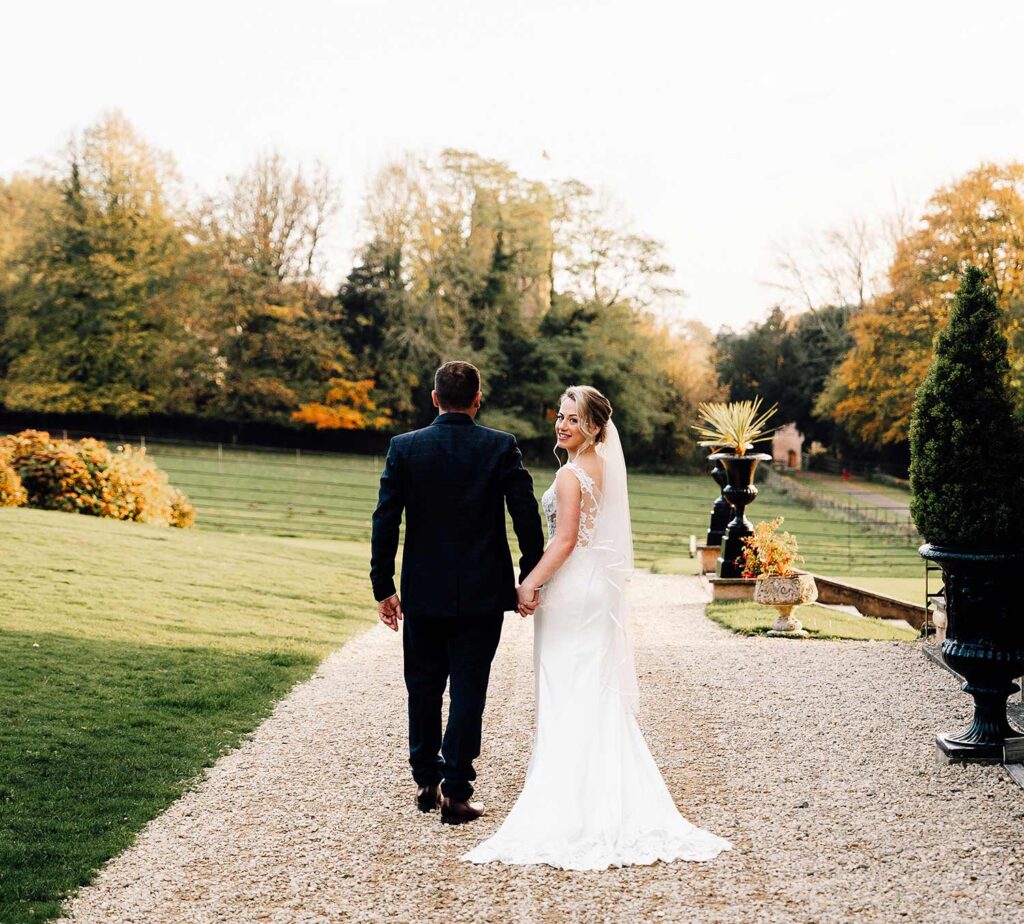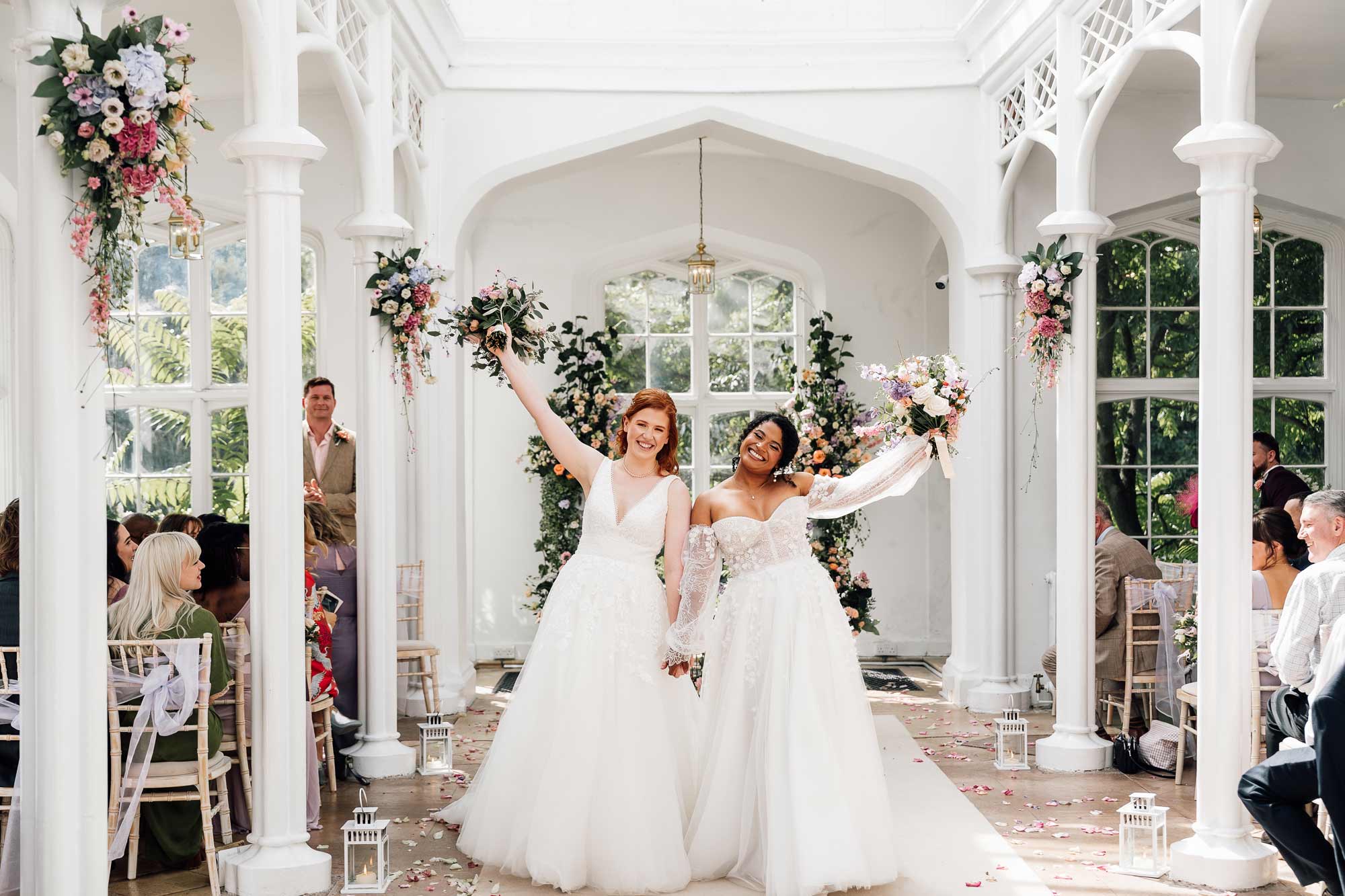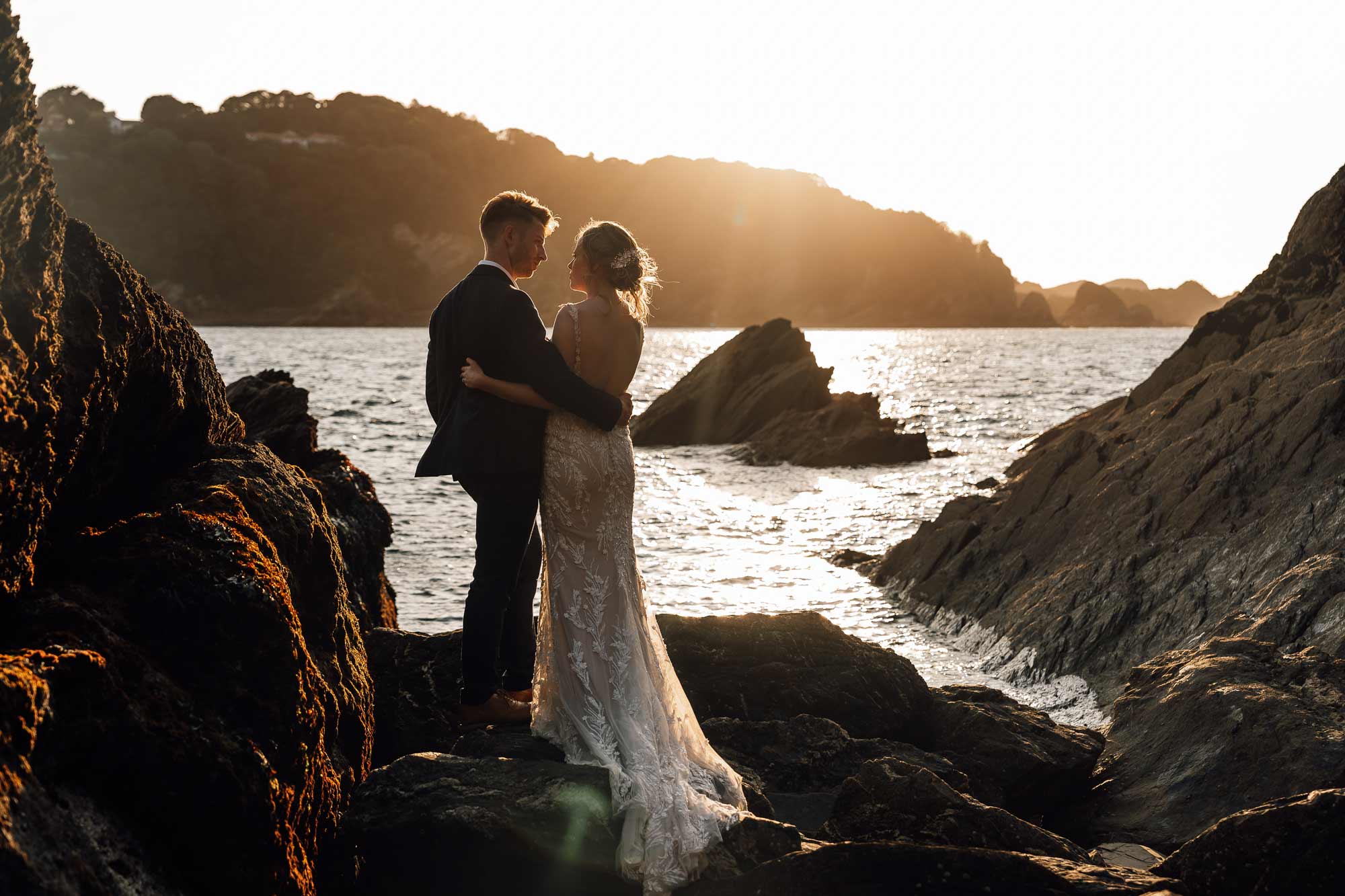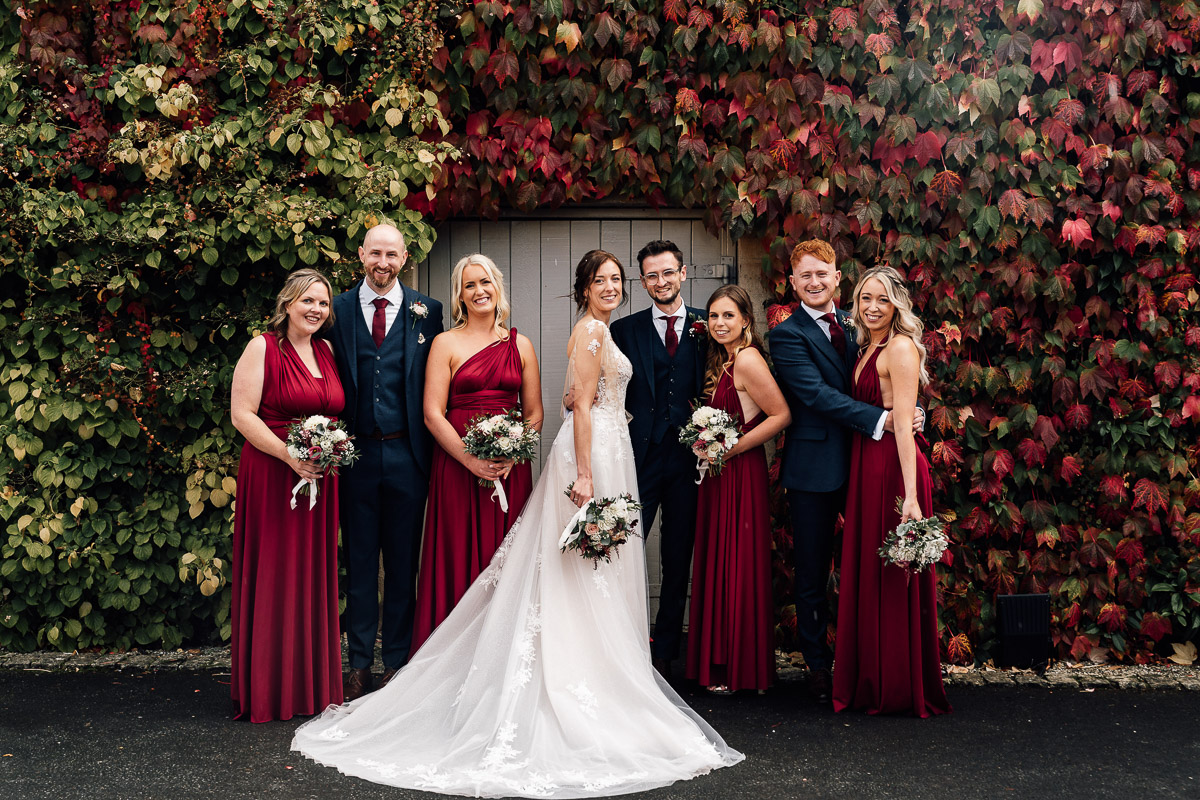Are you looking for a Fun, Friendly
Wedding Photographer?
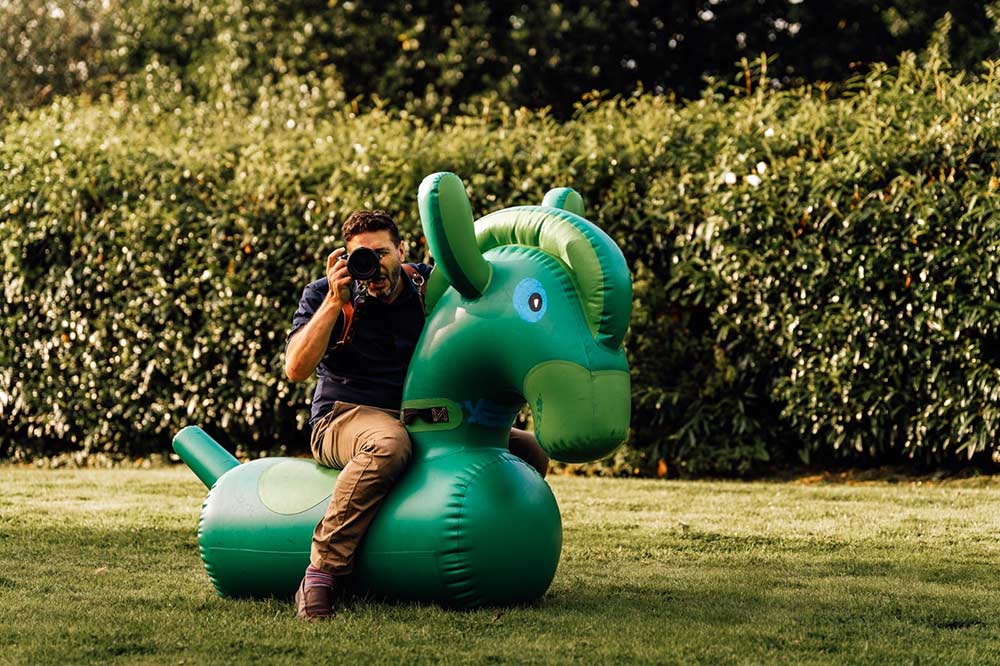

Hello I’m Paul
Husband, dad and wedding photographer based in Somerset. Think of me as your storytelling sidekick for your wedding day, I am a fun, relaxed photographer, widely regarded for my natural documentary style photography to keep your day authentic.
Ever been to a wedding where the photographers were more like guests than suppliers? That’s the atmosphere I strive for. Think of me as an extension of your bridal party, there to capture your special moments while also dancing, laughing, and engaging with everyone, after all, weddings are about celebrating love, not feeling awkward in front of a camera.
Whether it’s the heartfelt squeezes during vows, the tears of laughter during pre-wedding drinks, or Uncle Derek breaking it down on the dance floor in a way only he can, I’m on the lookout, especially for all the quirks that make your day uniquely yours.
I have the best job as a Wedding Photographer– no question!
“A little about me….
I have been capturing weddings ever since my first one back in 2014 and since then I was hooked. I have shot 100’s of weddings in Somerset and across the southwest of the UK and have been privileged to shoot weddings in Poland and the USA.
If you’re setting the vibe for a laid-back affair or gearing up for an epic celebration, consider me on-board, to clarify, I’m all in and after all, would love to be a part of your unique story!” 📸✨
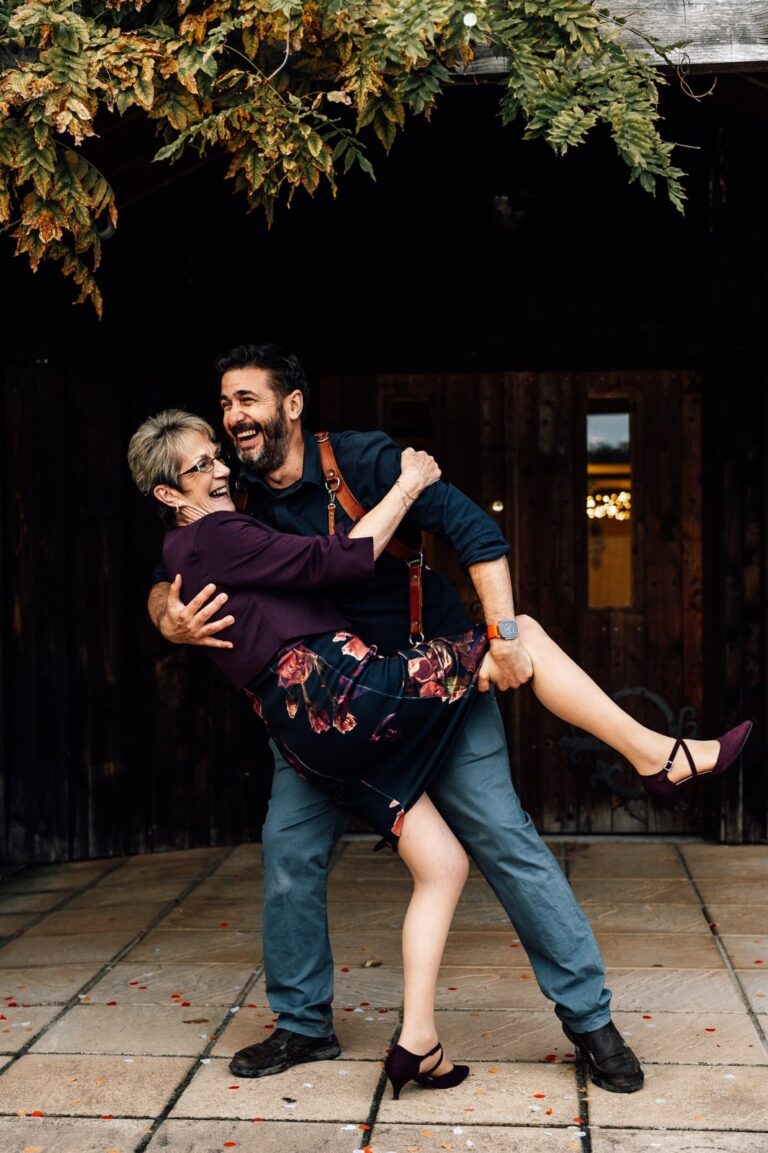
Beth & Ed
“Paul was utterly incredible!! From the moment we enquired about our wedding date with Paul, he put us at ease and I knew we had made the right decision by asking him to capture our day.
We could not recommend Paul enough. Such a kind, caring and professional person!
Our wedding Photos are without a doubt, more than I could have wished for. PERFECT!”
Modern, Candid & Stylish
Wedding Photos for Relaxed Couples
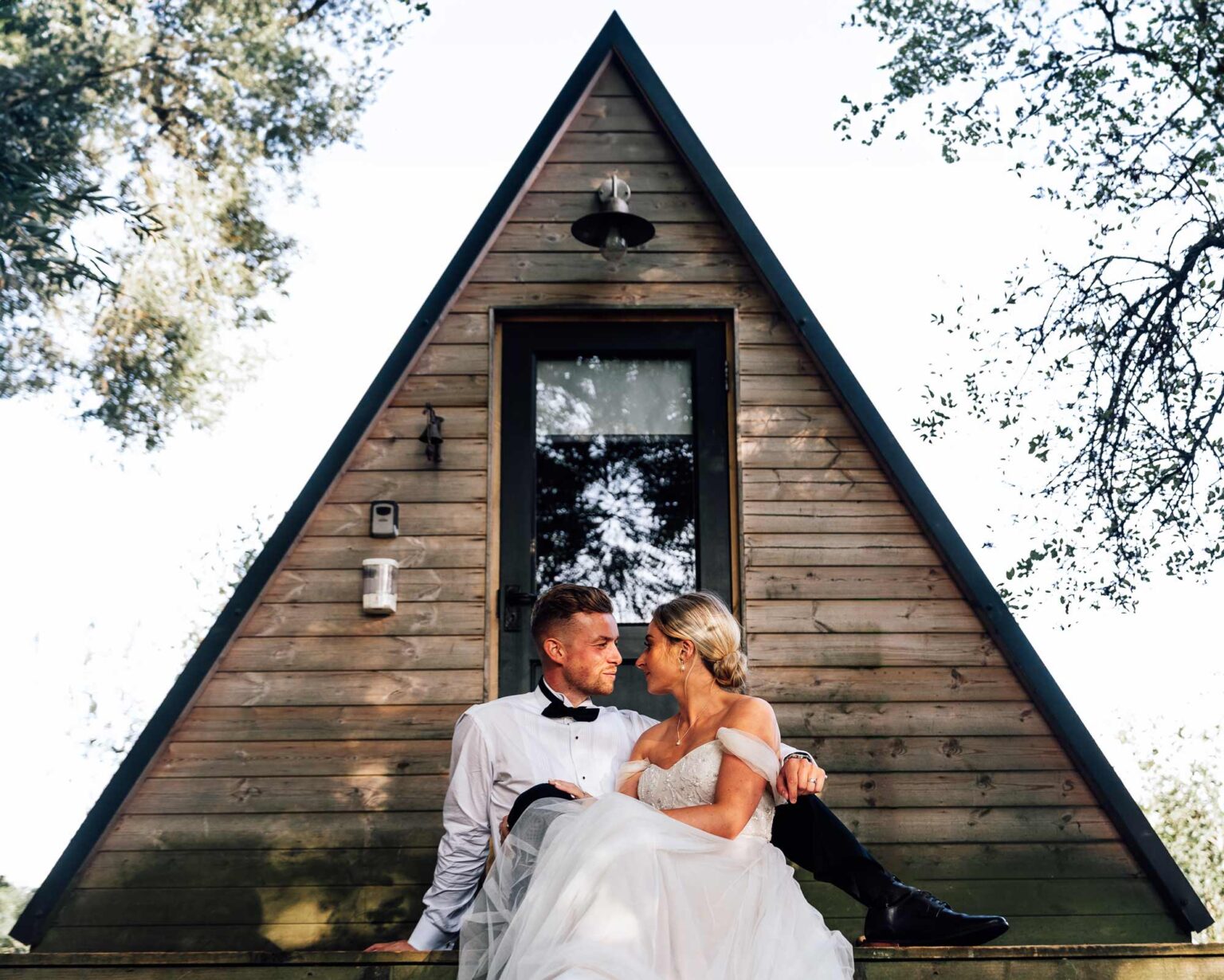
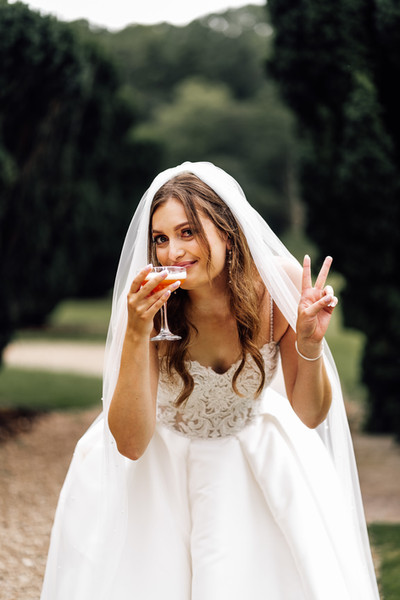
WEDDING PHOTOGRAPHER Somerset & the South West
Why Choose Me
to be your wedding photographer?
Well, I’m all about capturing your big day with genuine warmth and a bit of playful spirit. With this purpose in mind, I’m explicitly here to tell your story, mixing candid documentary wedding photography with a sprinkle of my signature artistic portraits. In essence of no uncomfortable forced poses. To illustrate….Just photos that are truly you.
Every laugh, every tear, every look of love, I’ll be there to catch it all, equally important, keeping the flow of the day as you imagined and letting you and your guests celebrate your wedding day without falsely staging moments.
“I was a very nervous bride and he made me feel completely at ease.“
– Carly & Danny
Take a look at my portfolio from all around the UK and international weddings
CLICK ON THE IMAGES TO SEE MORE OF MY WORK
WEDDING AWARDS & RECOMMENDATIONS
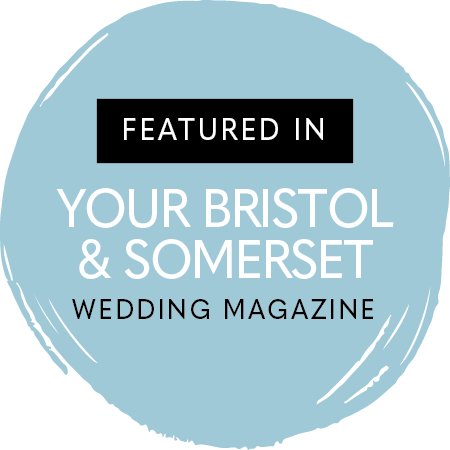

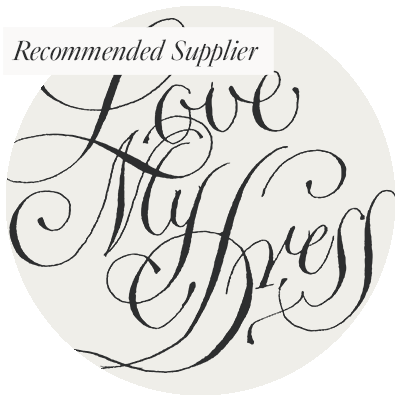

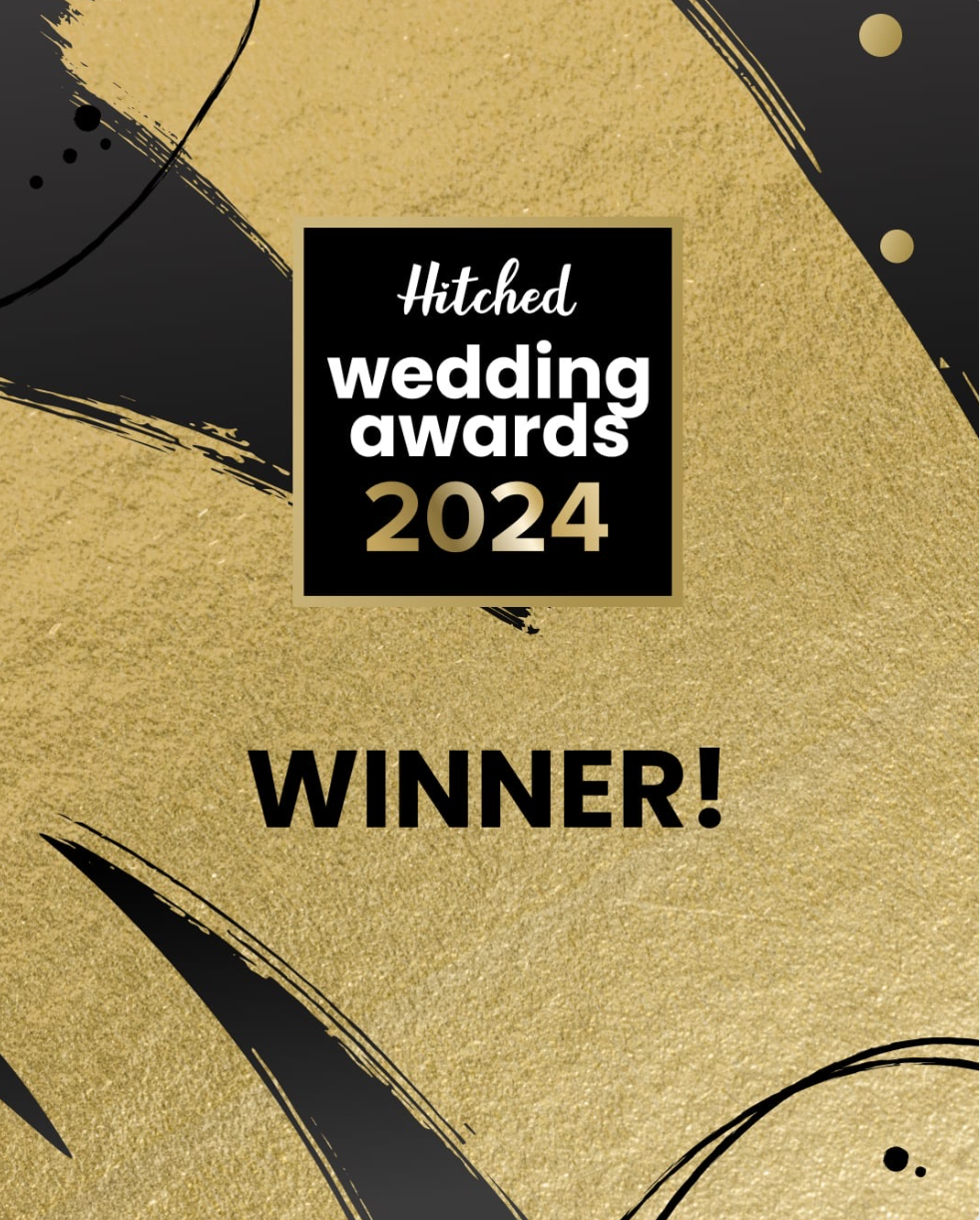
GOT SOME QUESTIONS?
